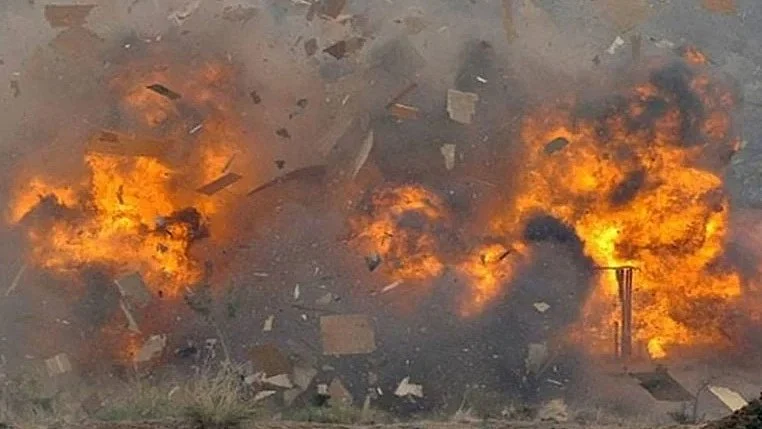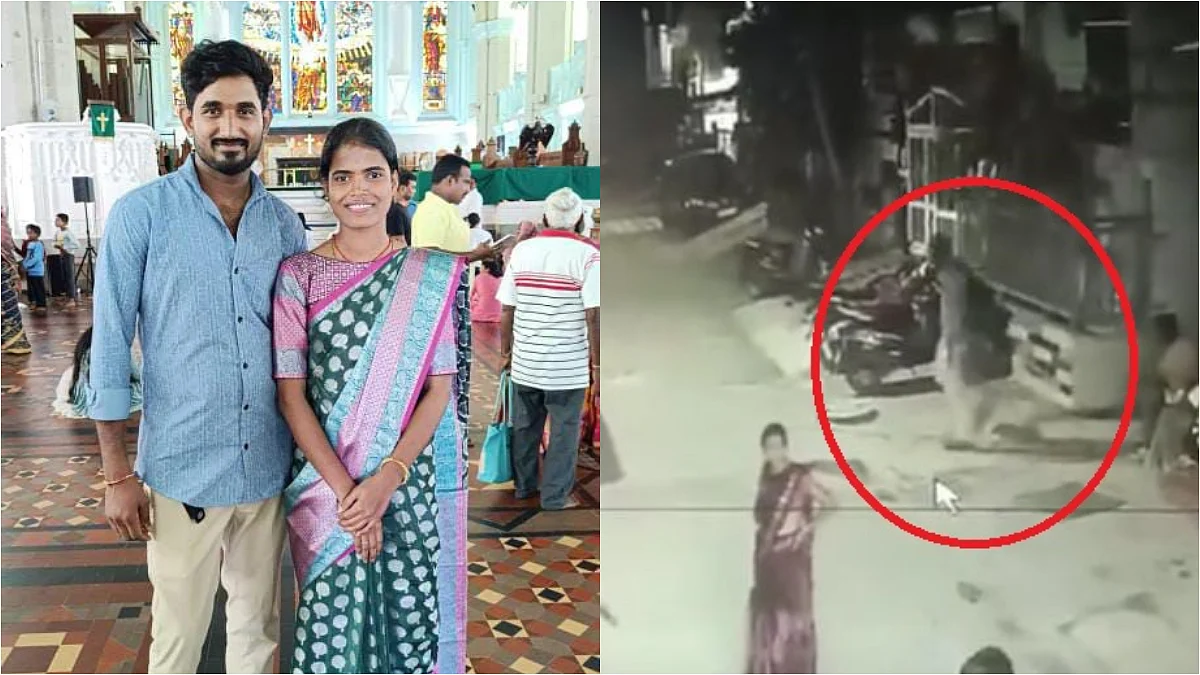New Delhi: Congress leader Kapil Sibal welcomed India and Pakistan's understanding on the stoppage of firing and military action on Saturday and stressed that the real path to peace lies in dismantling terrorism.
Speaking to ANI, Kapil Sibal said, "We welcome this ceasefire because it is always the common people, the soldiers, the innocents--children, elderly, and women--who pay the price and lose their lives."
Referring to the gruesome terror attack in Pahalgam that claimed 26 lives, Sibal said, "Pakistan must contemplate the reason for this escalation. This isn't a one-off incident--such activities have continued for decades."
He added that until Pakistan acts decisively against terror camps operating on its soil, lasting peace will remain elusive.

"This kind of terror activity hasn't happened for the first time, it has continued for decades. They must stop this and make sure these terrorist camps are done away with, and that they don't become the hotbed of terrorism in this country. As long as that continues, this conflict will continue, and a temporary ceasefire will never be permanent," said Sibal.
Meanwhile, India and Pakistan have worked out an understanding on the stoppage of firing and military action, External Affairs Minister S Jaishankar said on Saturday and noted that India will continue its firm and uncompromising stance against terrorism.
"India and Pakistan have today worked out an understanding on the stoppage of firing and military action. India has consistently maintained a firm and uncompromising stance against terrorism in all its forms and manifestations. It will continue to do so," he said in a post on X.
The minister's remarks came after DGMOs of India and Pakistan agreed that both sides would stop all firing and military action.
Earlier, Foreign Secretary Vikram Misri told the media that Pakistan's Director General of Military Operations contacted his Indian counterpart on Saturday afternoon.
"Pakistan's Director General of Military Operations (DGMO) called the Indian DGMO at 15:35 hours earlier this afternoon. It was agreed between them that both sides would stop all firing and military action on land and in the air and sea with effect from 1700 hours Indian Standard Time," he said.
"Today, instructions have been given on both sides to give effect to this understanding. The Directors General of Military Operations will talk again on the 12th of May at 1200 hours," he added.
Pakistan Deputy PM and Foreign Minister Ishaq Dar also confirmed the ceasefire.

"Pakistan and India have agreed to a ceasefire with immediate effect. Pakistan has always strived for peace and security in the region, without compromising on its sovereignty and territorial integrity," he said in a post on X.
US Secretary of State Marco Rubio said that both countries had agreed to start talks on a broad set of issues at a neutral site.
"Over the past 48 hours, VP Vance and I have engaged with senior Indian and Pakistani officials, including Prime Ministers Narendra Modi and Shehbaz Sharif, External Affairs Minister Subrahmanyam Jaishankar, Chief of Army Staff Asim Munir, and National Security Advisors Ajit Doval and Asim Malik. I am pleased to announce that the Governments of India and Pakistan have agreed to an immediate ceasefire and to start talks on a broad set of issues at a neutral site. We commend Prime Ministers Modi and Sharif on their wisdom, prudence, and statesmanship in choosing the path of peace," he said in a post on X.
Earlier in the day, Misri emphasised that the actions being undertaken by Pakistan against India are "escalatory" and "provocative" in nature and are being responded to effectively. He made the remarks at a media briefing on Saturday morning, where proofs of Pakistan's escalatory actions were provided alongside exposing the lies being peddled by the neighbouring country.

India had launched Operation Sindoor on May 7 in reply to the ghastly terror attack in Pahalgam on April 22.
The terror attack had killed 26 people. India had struck nine terror sites in Pakistan and Pakistan-Occupied Jammu and Kashmir. Pakistan sought to up the ante with a series of unprovoked escalations using artillery guns and drones.
Disclaimer: This is a syndicated feed. The article is not edited by the FPJ editorial team.











